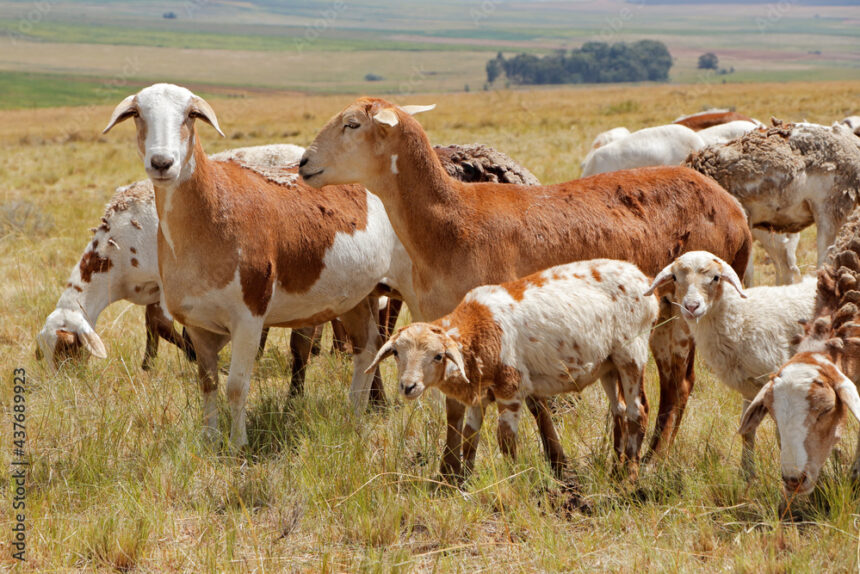10 Things You Should Know About Indigenous Livestock Breeds In South AfricaChatGPT
- Diversity: South Africa is home to a rich diversity of indigenous livestock breeds. These breeds have adapted to local environmental conditions and have played a vital role in the livelihoods of indigenous communities for centuries.
- Conservation: Indigenous livestock breeds in South Africa are facing the threat of extinction due to factors such as crossbreeding with exotic breeds and a shift towards commercial farming practices. Efforts are being made to conserve these breeds and maintain their genetic diversity.
- Adaptability: Indigenous livestock breeds have evolved over time to survive and thrive in local environments. They are well-adapted to harsh climates, diseases, and limited resources, making them resilient and suitable for sustainable farming practices.
- Cultural significance: Indigenous livestock breeds hold great cultural significance for many indigenous communities in South Africa. They are often integral to traditional ceremonies, rituals, and cultural practices, representing a connection to ancestral heritage and identity.
- Economic importance: Indigenous livestock breeds play a crucial role in the economic well-being of rural communities. They provide a source of income through the sale of animals, milk, meat, and other by-products, contributing to the livelihoods of small-scale farmers.
- Genetic resources: Indigenous livestock breeds possess unique genetic traits that are valuable for future breeding programs. Their genetic diversity offers opportunities for the development of improved breeds that are well-suited to local conditions and can contribute to sustainable agriculture.
- Indigenous knowledge: Indigenous communities have accumulated vast knowledge about the management, breeding, and care of indigenous livestock breeds over generations. This traditional knowledge is invaluable for sustainable farming practices and should be recognized and preserved.
- Sustainable agriculture: Indigenous livestock breeds have low input requirements and are generally well-adapted to local feed resources. They contribute to sustainable agriculture by minimizing the use of external inputs and reducing the environmental impact of livestock farming.
- Niche markets: The unique characteristics and qualities of indigenous livestock breeds make them attractive for niche markets. Consumers who value local, organic, and culturally significant products often prefer products derived from indigenous breeds, creating opportunities for niche marketing and value-added products.
- Policy and support: Recognizing the importance of indigenous livestock breeds, South Africa has implemented policies and initiatives to support their conservation and promote their sustainable use. These include breed registries, research programs, and capacity-building efforts to empower small-scale farmers in breed management and marketing.
It’s important to note that while these points provide an overview of indigenous livestock breeds in South Africa, there may be specific nuances and variations within different regions and communities in the country.
Join 'Farmers Mag' WhatsApp Channel
Get the latest Farming news and tips delivered straight to your WhatsApp
CLICK HERE TO JOIN






